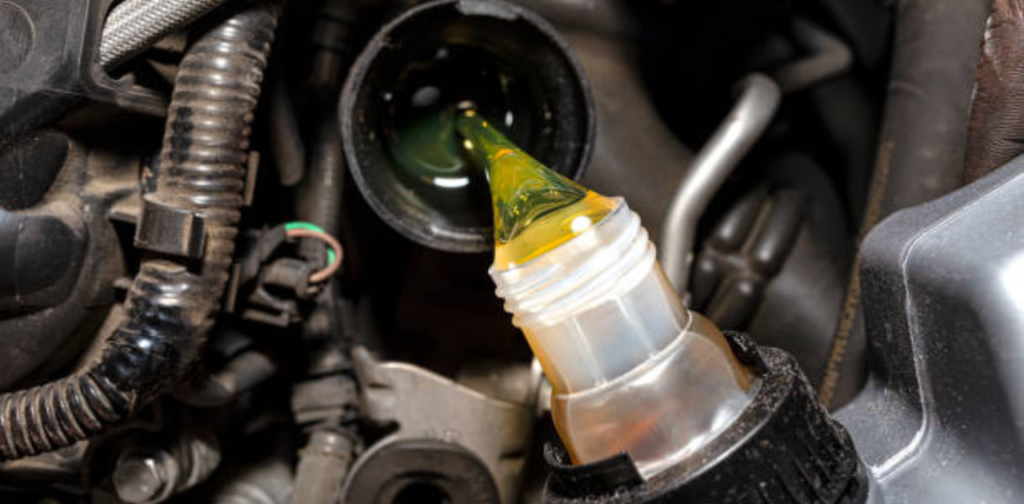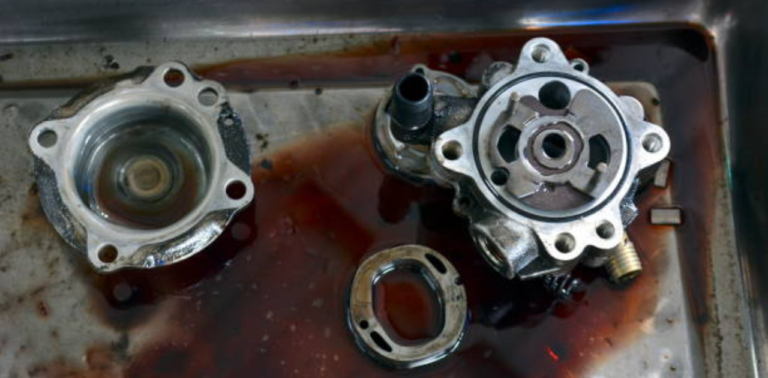Top 12 Myths About Changes to Engine Oil?
Engine oil changes are a fundamental aspect of vehicle maintenance, but myths and misconceptions often swirl around this routine task. Understanding the truth behind these myths is crucial for ensuring the proper care of your vehicle. In this article, we will tell you about the top 12 myths about engine oil changes.
Myth 1: You Should Change Your Oil Every 3,000 Miles
For decades, the golden rule was to change your oil every 3,000 miles. However, advancements in oil and engine technology have rendered this myth obsolete. Most modern vehicles can go longer between oil changes, typically between 5,000 to 7,500 miles, depending on the type of oil and driving conditions.
Myth 2: Synthetic Oil Causes Leaks
Some people believe that switching to synthetic oil can lead to leaks in the engine. This is not true. In fact, synthetic oils are formulated to provide better protection and reduce the risk of leaks. They are designed to flow more easily and withstand extreme temperatures, making them a reliable choice for your engine.

Myth 3: You Only Need to Change Oil When It’s Dark and Dirty
While dark and dirty oil is a sign that it’s time for a change, waiting for your oil to reach this state can be harmful to your engine. It’s essential to follow the manufacturer’s recommendations and change your oil based on time, mileage, and the type of driving you do.
Myth 4: You Must Stick to the Oil Brand Specified by the Manufacturer
Manufacturers often recommend a specific oil brand, but it’s not a requirement to use that exact brand. What’s crucial is to use oil that meets the specifications outlined in your vehicle’s manual. Many reputable oil brands offer products that meet these requirements.
Myth 5: Engine Oil Additives Are Essential
There’s a misconception that you need to add various engine oil additives to improve performance. In reality, high-quality engine oils already contain carefully balanced additives to enhance their properties. Adding more additives can upset this balance and potentially harm your engine.

Myth 6: You Can’t Change Your Own Oil
While some may believe that oil changes should be left to professionals, changing your own oil is entirely possible for many car owners. With the right tools, proper disposal methods, and following the manufacturer’s guidelines, changing your own oil can save you money and give you a better understanding of your vehicle.
Myth 7: Engine Oil Lasts Indefinitely
Engine oil has a shelf life, and it’s not indefinite. Over time, oil can break down and lose effectiveness, even if it hasn’t been used. Always check the manufacturer’s recommendations and the expiration date on the oil container before using it.
Myth 8: Thicker Oil Is Always Better
Using a thicker oil does not necessarily provide better protection. The key is to use the oil viscosity recommended by the manufacturer for your specific vehicle. Using an oil that’s too thick can cause inadequate lubrication and potentially damage your engine.
Myth 9: Frequent Oil Changes Improve Engine Life
While regular oil changes are crucial for engine health, excessively frequent oil changes, beyond what’s recommended, do not significantly enhance the engine’s lifespan. Following the manufacturer’s guidelines is the best approach for maintaining a healthy engine.
Myth 10: New Cars Don’t Need Oil Changes
Newer vehicles may have longer intervals between oil changes due to improved engine design and oil quality. However, they still require regular oil changes to maintain optimal performance and longevity. Ignoring oil changes can lead to costly engine problems in the long run.
Myth 11: You Can Mix Different Brands and Types of Oil
It’s essential to use the same type and brand of oil when topping up or changing your oil. Mixing different brands or types can alter the oil’s composition and affect its performance. Stick to one brand and type for consistent results.

Myth 12: It’s Safe to Ignore Oil Change Warning Lights
If your vehicle has an oil change warning light, it’s there for a reason. Ignoring this warning can lead to severe engine damage and costly repairs. When the light comes on, schedule an oil change promptly to maintain your engine’s health.
Engine oil changes are a crucial part of vehicle maintenance, and understanding the truth behind these myths is vital for keeping your engine running smoothly. Always to your vehicle’s manual and trusted professionals to ensure you’re following the best practices for maintaining your engine’s health and performance.
What happens if we change the engine oil frequently?
A frequent change of engine oil can have both positive and negative effects. Here is a breakdown:
Positive effects:
Protection of the engine: Regular oil changes help to maintain optimal engine lubrication. Clean oil reduces friction between moving parts and thus minimizes engine wear.
Improved performance: Clean oil and a fresh oil filter contribute to better engine performance. They ensure that the engine operates efficiently, resulting in smoother operation and potentially better fuel efficiency.
Longer engine life: A regular oil change can help to increase the engine life by reducing the accumulation of sludge and deposits, thereby preventing premature wear of important engine components.
Negative effects:
Waste and environmental pollution: more waste oils, filters, and other waste materials are produced during frequent oil changes. The improper disposal of waste oils may have consequences for the environment. It is important to recycle waste oils and filters or to dispose of them responsibly.
Cost: An oil change too frequently can be expensive, especially if your vehicle does not need to be changed frequently. This is an unnecessary expense that could be better used for other maintenance work.
Potential overuse of resources: frequent oil changes can lead to overuse of oil resources if they are carried out too frequently. Synthetic oils have longer changing intervals, but excessive change can lead to a waste of resources for every type of oil.
Unnecessary resource utilization: The production and disposal of oil is energy- and resource-intensive. Frequent oil changes contribute to the demand for these resources, and if they are carried out excessively, this cannot be in line with sustainable practices.
Conclusion:
dispelling common myths about engine oil changes is essential for maintaining a healthy and efficient vehicle. Adhering to the latest recommendations based on advancements in automotive technology is key. Remember, accurate knowledge about oil changes empowers you to make informed decisions and keep your engine running smoothly for years to come. Stay informed, follow the manufacturer’s guidelines, and enjoy a well-maintained, reliable vehicle.






